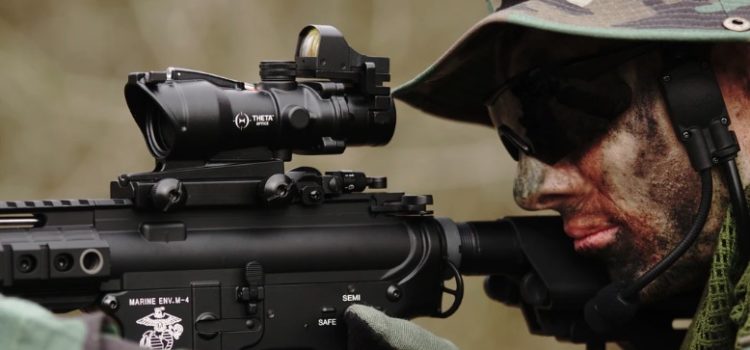

This article is an excerpt from the Shortform book guide to "Humankind" by Rutger Bregman. Shortform has the world's best summaries and analyses of books you should be reading.
Like this article? Sign up for a free trial here .
Do soldiers enjoy killing? If killing is against human nature, why do people choose to join the military?
There’s a common misconception that soldiers get a kick out of the thrill of killing. After all, people choose this profession consciously, knowing what it entails. But soldiers do not enjoy killing. In fact, most soldiers will go to great lengths to avoid killing in battles.
Here’s why soldiers do not, in fact, enjoy killing.
Soldiers Don’t Enjoy Killing
Traditionally, we think that soldiers enjoy killing because it allows them to engage in the type of primal violence that humans have supposedly committed throughout history.
However, Bregman argues that most soldiers actively avoid killing, and that it takes considerable training to make soldiers kill. Evidence from around the world suggests that historically, few soldiers fired their weapons in times of war. These numbers have only increased in recent years due to the military’s increased emphasis on conditioning soldiers to kill through combat simulations and exposure to violent images.
| Further Evidence: Do Soldiers Enjoy Killing? Other historians largely agree with Bregman that most soldiers don’t naturally enjoy killing. In An Intimate History of Killing, historian Joanna Bourke argues that when they first join the military, soldiers have an inherent aversion to killing, which the military can overcome through conditioning. However, Bourke and others also note that soldiers often experience a thrill or sense of exhilaration in combat. This was true even before the military began conditioning soldiers to kill in recent years: Letters and journals of soldiers from the two World Wars often describe killing with a sense of excitement. Still, other authors point out that the soldiers who wrote these accounts didn’t necessarily enjoy killing—writing about killing with relish could have helped soldiers process a deeply traumatic and unenjoyable experience. Moreover, Bourke disagrees with Bregman’s claim that society generally believes that soldiers should enjoy killing. She suggests that the opposite is true: that we don’t want to believe or admit that soldiers sometimes take pleasure from violence. |

———End of Preview———
Like what you just read? Read the rest of the world's best book summary and analysis of Rutger Bregman's "Humankind" at Shortform .
Here's what you'll find in our full Humankind summary :
- Why humans are fundamentally good, not evil
- How the Stanford Prison Experiment was misleading
- How recent studies have debunked "Killer Ape Theory"






